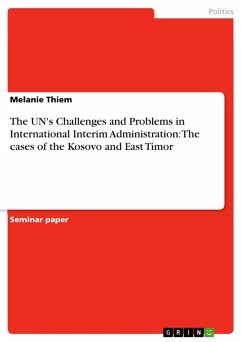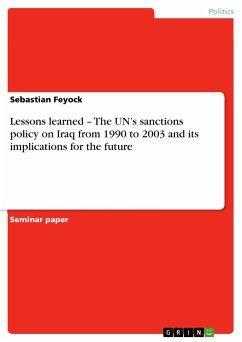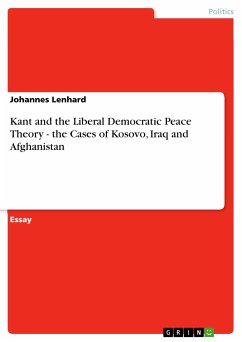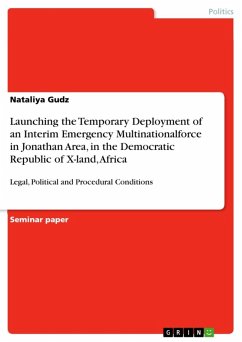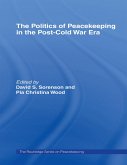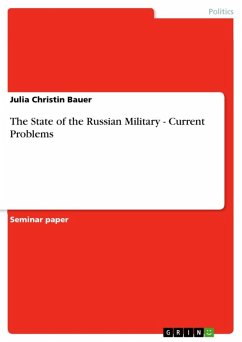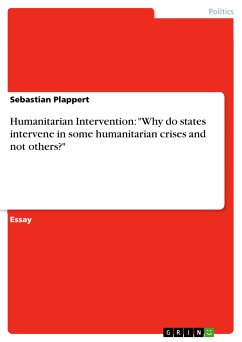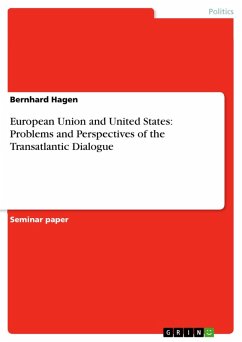Seminar paper from the year 2006 in the subject Politics - International Politics - Topic: Miscellaneous, grade: 1,7, University of Constance, course: International Interim Administration, language: English, abstract: Since the end of the cold war the number of UN peacekeeping missions raised drastically. This development within international affairs has been labelled the "new interventionism" (see for example Yannis 2002b: 826). But not only the absolute numbers increased, also the scope of these missions has undergone some fundamental changes. The mandates of traditional peacekeeping operations are expanded allowing UN forces to be actively engaged in operations which can be better described as peacebuilding missions (Brahimi 2000, Mortimer 2004: 10). However, the term "peacebuilding" is still not integrating the phenomenon of UN forces running the entire domestic administration of post-conflict societies. Within the scientific discussion the term "international interim administration" is therefore seen as more accurate to describe UN operations in territories such as Cambodia, Liberia, and Eastern Slavonia. This article adds to the scientific discourse by focusing on two of the most recent cases of UN Interim Administration: the United Nations Interim Administration Mission in Kosovo (UNMIK) and the United Nations Transitional Administration in East Timor (UNTAET). Whereas the UNTAET ended in 2002 with the release of East Timor into independence, UNMIK is still continuing and the question of the Kosovo's final status remains open. While the outcome of these missions seems to be very different they were both facing similar difficulties which are characteristically for interim administrations. Therefore this paper is going to point out some specific problems and challenges of these missions. Special attention in this context will be directed towards the following issues. Taking the respective UN resolutions as a starting point for examination the article will take into account the challenges that are derived from the structure of the mandate and the question of state sovereignty in the context of international interim administration. Being amongst the most important aspects within those missions, the article additionally addresses the UN's organisational capacity to accomplish these wide-ranging missions and the establishment of ad-hoc judicial systems.
Dieser Download kann aus rechtlichen Gründen nur mit Rechnungsadresse in A, B, BG, CY, CZ, D, DK, EW, E, FIN, F, GR, HR, H, IRL, I, LT, L, LR, M, NL, PL, P, R, S, SLO, SK ausgeliefert werden.
Hinweis: Dieser Artikel kann nur an eine deutsche Lieferadresse ausgeliefert werden.

